As we have reported on many times before, and particularly with the Self-Assessment deadline drawing nearer, it is important that you stay alert when it comes to your tax affairs.
Scammers are looking for any opportunity to target taxpayers, to try and convince them of their legitimacy, and to extract sensitive information from them.
When it comes to protecting yourself against the scammers attempts, here are just a few things to be aware of, and resources to familiarise yourself with:
- Scammers purporting to be HMRC continue to make contact with individuals by telephone, demanding immediate payment and threatening legal action. HMRC will never leave a voicemail to this effect, nor threaten bailiffs or arrest.
- With digital tools and means of communication evolving all the time, scammers will try to use this to their advantage. HMRC confirms that it will never communicate with taxpayers via WhatsApp, and that it will never send a QR code to a taxpayer. Use of QR codes is restricted to the taxpayer’s online account, accessed through the Government Gateway.
- Some taxpayers are being lured by firms offering to get them a tax refund and, in some cases, are then unknowingly being signed up to a “deed of assignment”. This gives the third party legal rights to any repayment and is difficult to revoke. Tax rebates can be claimed via GOV.UK for no charge.
- HMRC will never demand payment by gift or payment vouchers, of any kind.
- If you are unsure about whether or not a letter, text message, email or phone call you have received is genuine, you can use HMRCs list of genuine contacts to determine if it is a scam, or you can contact your usual George Hay adviser who can review the communication for you.
- Avoid using misleading or unofficial websites or resources by searching on GOV.UK to find official government services and phone numbers.
Tax scams: What to look out for
HMRCs own checklist suggests that it could be a scam if it:
- rushes you into taking action;
- is threatening;
- is unexpected;
- asks for sensitive and personal information like bank details;
- tells you to make a transfer of money;
- offers a refund, tax rebate or grant.
Reporting a tax scam
If you believe that you have unwittingly disclosed personal information a scammer, you can report the scam to HMRC. Further guidance on what to do, depending on the nature of the communication, can be found here.
If you think you’ve lost money or been hacked because of an online scam or fraud, report online to Action Fraud or call them on call 0300 123 2040.
How can George Hay help?
As a trusted adviser to individuals and businesses, we are only a phone call away should you be suspicious of any communications that you have received.
If we already act for you, we can put your mind at rest and reassure you that everything is in order.
Most importantly, if you are concerned it is always better to err on the side of caution and refrain from engaging with the fraudsters.








